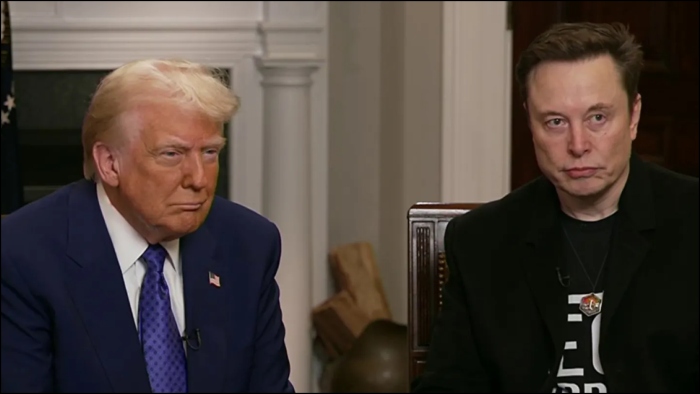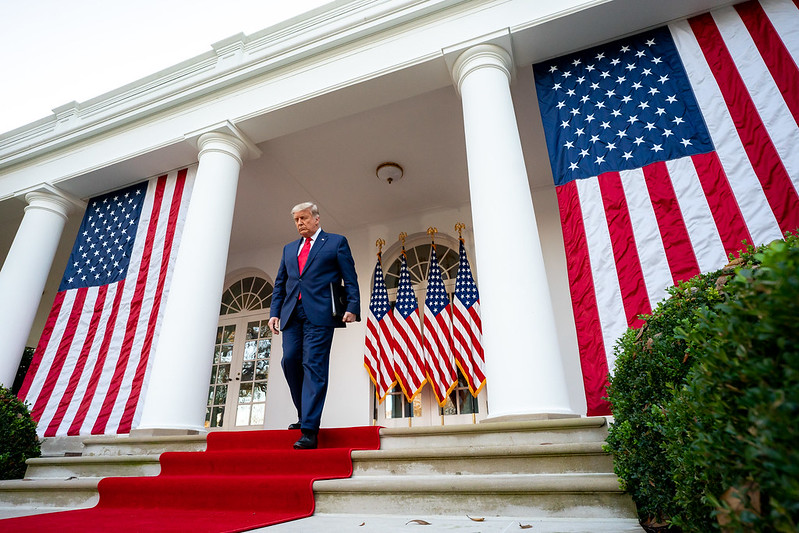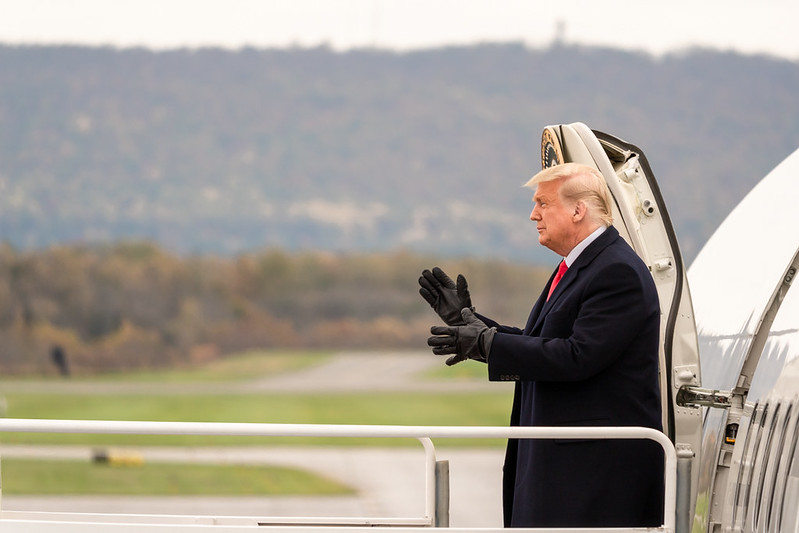In a sharply worded order, U.S. District Judge James Wesley Hendrix, a Trump appointee, delivered a scathing rebuke to the American Civil Liberties Union (ACLU) for attempting to engage in an ex parte communication—a serious violation of judicial ethics—in a high-profile case involving illegal immigrants held at the Bluebonnet Detention Center.
Ex parte communications refer to instances where one party or their representative contacts a judge or decision-maker about an ongoing case without informing the other parties involved. The case, W.M.M. v. Trump, involves petitioners represented by ACLU Deputy Director Lee Gelernt, who left a voicemail for Judge James Hendrix on the evening of April 17, 2025, urging immediate intervention to stop the removal of detainees at the Bluebonnet Detention Center.
In the message, later included as an exhibit in the court’s order, Gelernt alleged that his clients were being coerced into signing “Alien Enemy orders” authorizing their immediate deportation. Gelernt brazenly requested to “talk to the Judge immediately” or have the Court issue an order halting the removals—demands that Judge Hendrix noted could have given the ACLU a “substantive, procedural, and tactical advantage” in their effort to secure a temporary restraining order.
Hendrix, firmly upholding the Code of Conduct for Federal Judges, issued a blunt condemnation of the ACLU’s tactics. He stressed that substantive ex parte communications are unequivocally prohibited, citing legal precedents such as Fed. Trade Comm’n v. Namer (2007) and Kaufman v. Am. Fam. Mut. Ins. (2010). His order, reviewed by USA Journal, noted:
As a general rule, substantive ex parte communications with the Court are prohibited. The rules governing judicial ethics prohibit judges from engaging in substantive ex parte communications concerning pending matters. Ex parte communications may be fraught with peril, and judges must take great care with respect to ex parte communications even in the most exigent of circumstances.
The Code of Conduct for United States Judges explains that judges should not permit or consider ex parte communications or consider other communications concerning a pending or impending matter that are made outside the presence of the parties or their lawyers. Even when circumstances may require such communications, the Code limits such communications to situations where the ex parte communication does not address substantive matters and the judge reasonably believes that no party will gain a procedural, substantive, or tactical advantage as a result of the ex parte communication.
Hendrix wrote that the ACLU’s voicemail “does not meet [the] narrow exception” for permissible ex parte contact, as it directly addressed key issues in the petitioners’ motions and attempted to circumvent the government’s right to respond. The Court also pointed out that the ACLU had already been instructed to justify why notice should not be given to the government under Federal Rule of Civil Procedure 65(b)—a requirement they failed to satisfy before resorting to what the judge described as an off-the-record maneuver.





